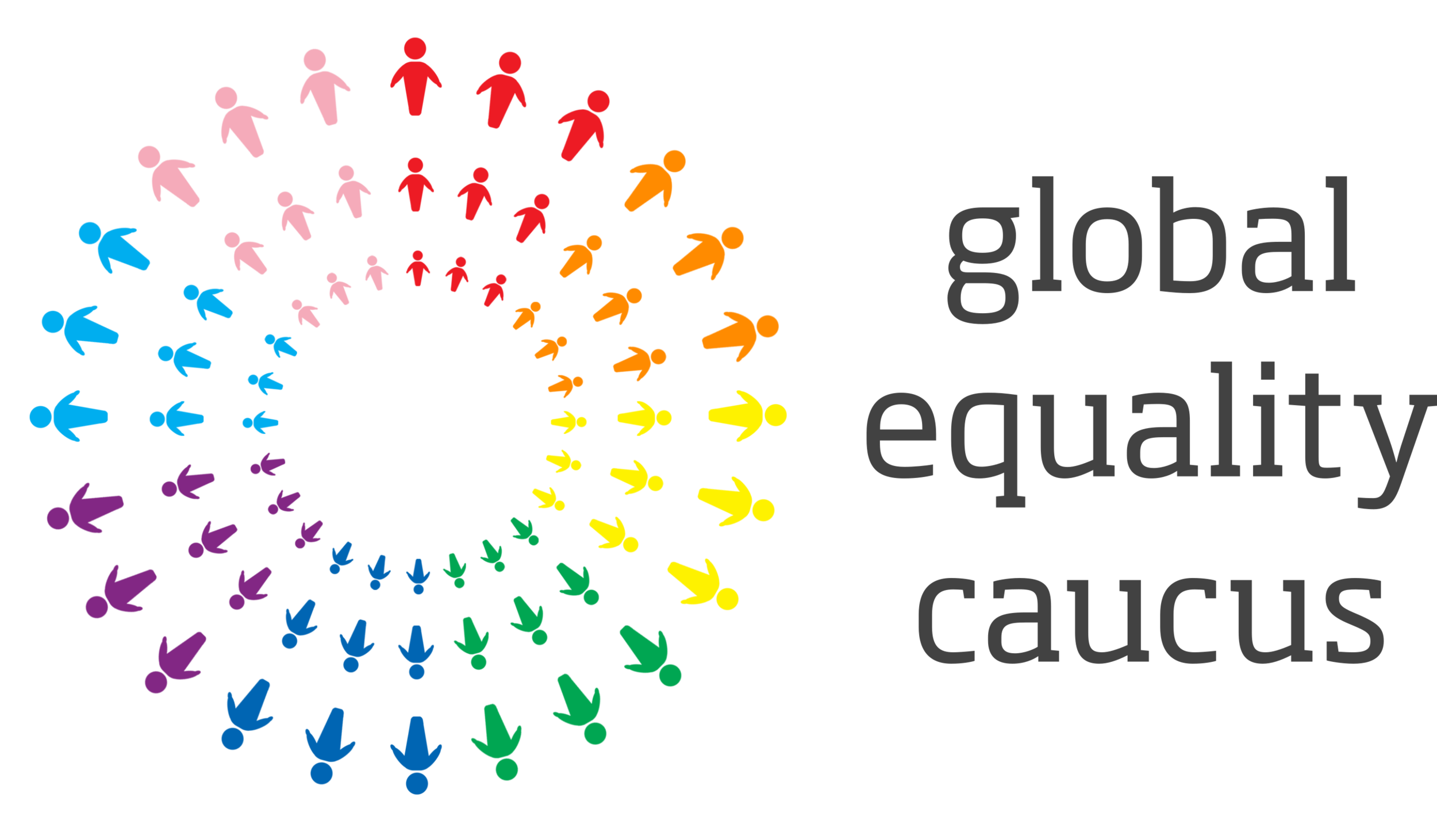Breaking barriers in HIV:
Action for legislators to address LGBT+ inequities
A REPORT FROM THE GLOBAL EQUALITY CAUCUS
In June 2021 the Global Equality Caucus, in partnership with Gilead, hosted two private roundtables to discuss inequities in HIV healthcare that LGBT+ people face and what elected representatives should be doing to push for improvements in the provision of care. The two sessions – one in Europe and one in the United States and Canada - were attended by elected officials from national, supranational, state and provincial assemblies; LGBT+ civil society advocates, including attendees from the Black, HIV-positive, and transgender communities; as well as healthcare experts and epidemiologists.
The sessions looked at the barriers facing LGBT+ people generally, as well as having a particular focus on a spotlight population. For Europe, this was on HIV prevalence in migrant communities, particularly amongst men who have sex with men (MSM). For the US & Canada, participants discussed the intersectional barriers facing Black and Indigenous populations. Attendees considered policies and strategies that elected representatives could pursue in their assemblies to drive improvements in HIV healthcare for all LGBT+ people.
From these conversations, several key themes and proposals emerged:
Repeal laws around HIV criminalisation – removing such laws would help to tackle prejudice and refocus HIV incidence as a public health crisis.
Address the inequitable access to testing and treatment faced by some demographics, and remove socioeconomic, racial, and structural barriers to ensure care reaches marginalised people.
Remove siloes in healthcare by integrating HIV care into mainstream services.
Allocate funding, whether that be for HIV services directly, scientific research, or for organisations specialising in community outreach.
Mandate LGBT-inclusive education, to ensure young LGBT+ people feel seen and valued, in addition to being made aware of the disproportionate impact the HIV epidemic has on the LGBT+ community.
These themes and suggestions have informed 10 Recommendations set out below. The policy proposals are set out in full in the main report. We hope the ideas we have proposed will add to conversations about the impact of a disease that too many people in power continue to overlook.



